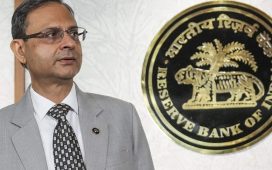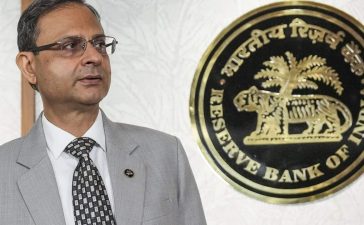
Basmati rice exporters said that the government decision would help stabilise the price of basmati rice, which was falling continuously due to fewer global orders. Prices of basmati rice at the wholesale level are expected to increase from Rs 55 per kg to Rs 65 per kg initially and stabilise at this level.
In October last year, the government reduced MEP for basmati rice shipments to $950/tonne from $1,200/tonne, fixed on August 25 to restrict ‘illegal shipment of white non-basmati rice’ whose shipment was banned in July last year.
In FY24, India exported a record 5.24 million tonne (MT) of aromatic rice valued at $ 5.83 billion.
Vijay Setia, past president of All India Rice Exporters Association (AIREA) and managing director of Chamanlal Setia Exports said “Exporters have started sending enquiries for basmati rice from last evening. It will further pick up next week. The government’s move will help stabilise the price of basmati rice in the market.”
Incidentally, due to the MEP of $950 per tonne, many buyers from India had shifted to Pakistan, who were selling basmati rice at a price lower than the Indian price.Suraj Agarwal, CEO of RiceVilla, a rice marketing and exporting farm said “In the short term, the move will increase the price of the basmati rice a bit, but the long-term view remains negative. This year, we have 25 per cent more crop of 1509 varieties, which is the most prevalent variety of basmati rice in India. We have a lot of leftover stock of 1509 varieties of last year in India and internationally.”Geographical Indication-tagged basmati rice is grown in 70-odd districts in Punjab, Haryana, western Uttar Pradesh, Jammu & Kashmir and Uttarakhand.
The aromatic and long-grain rice commands a premium in the global markets. India has a share of around 80% in the world aromatic rice market, while Pakistan holds a share of around 20% in basmati rice exports.










